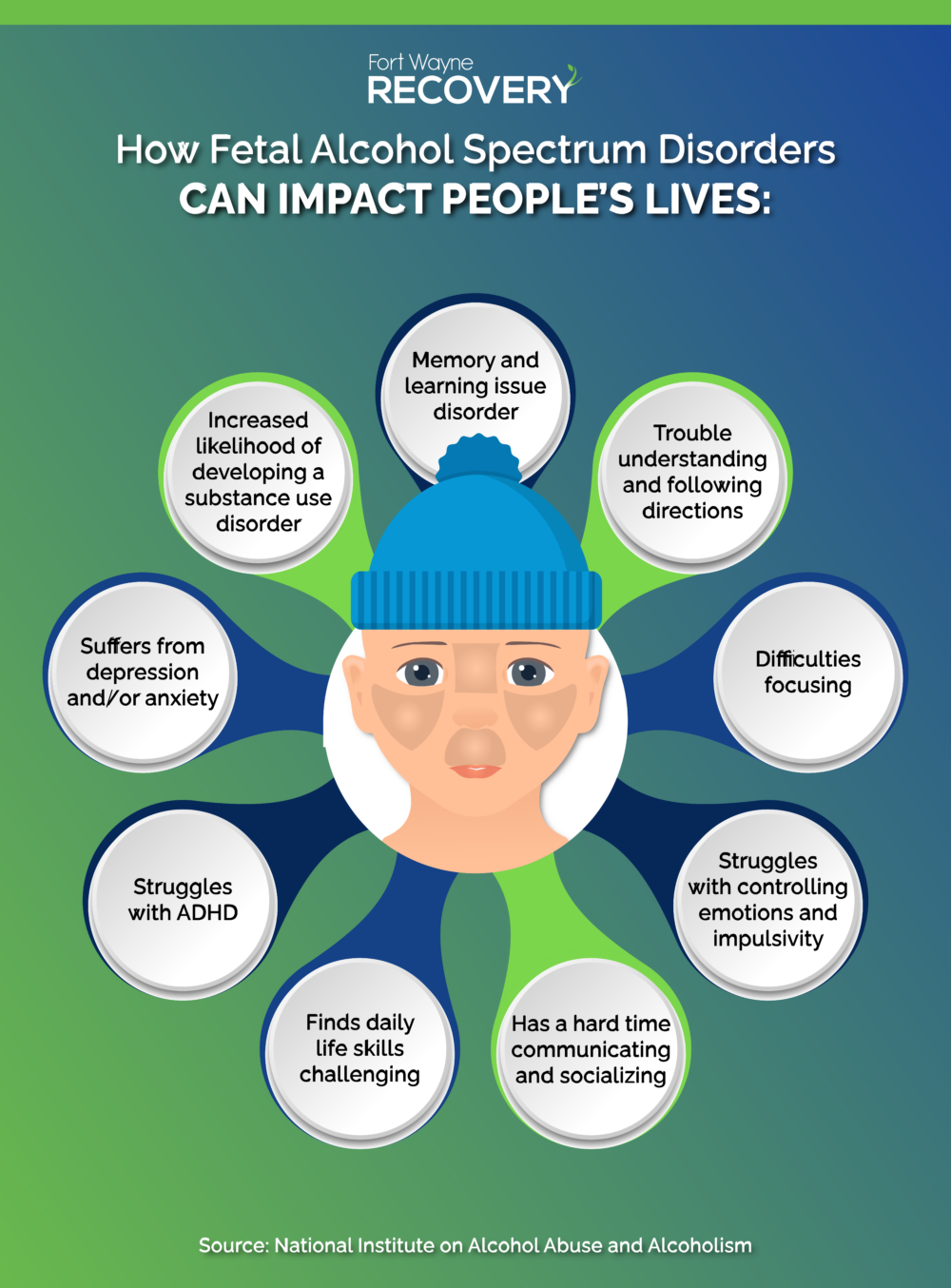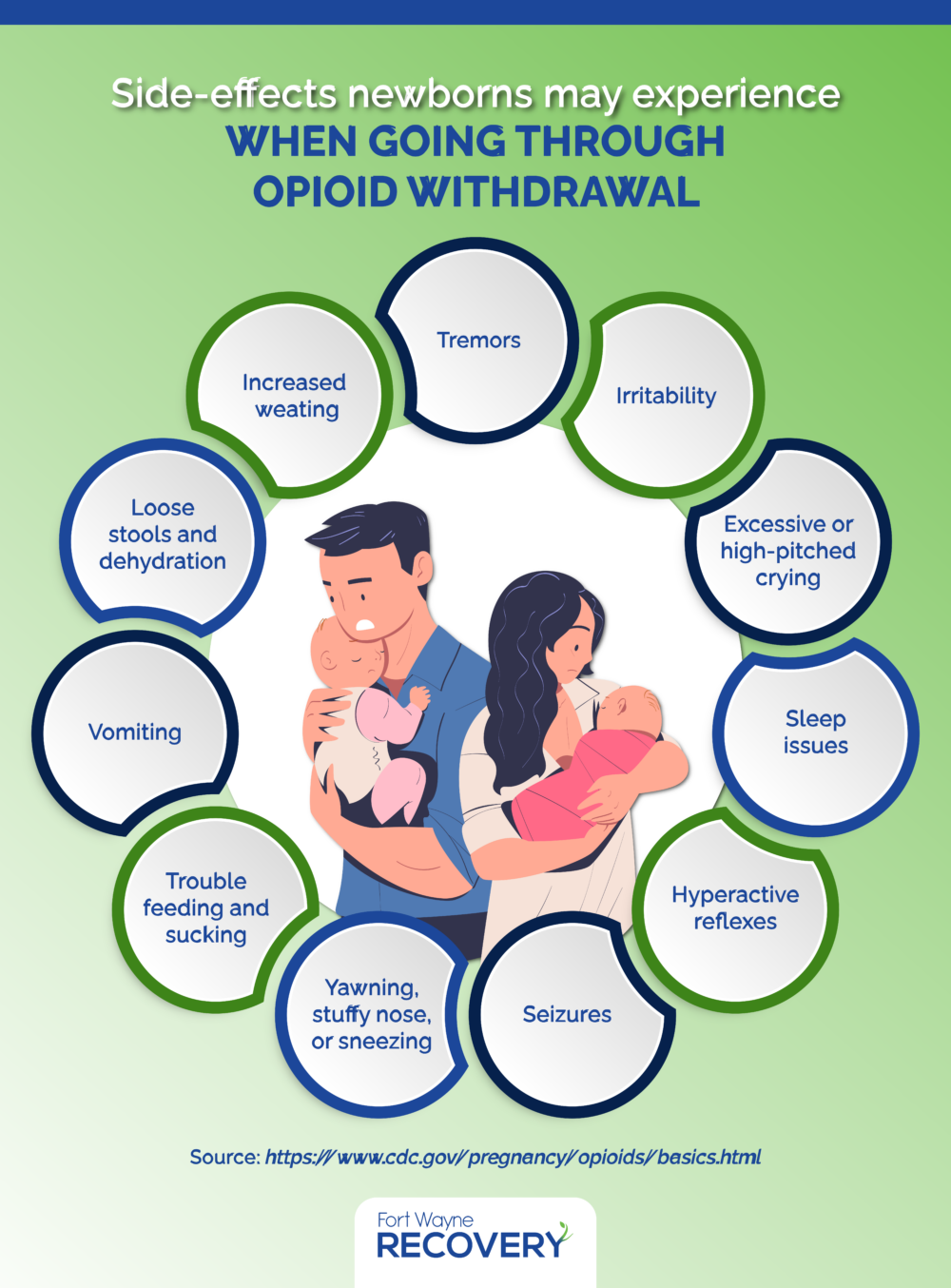Pregnant and Postpartum Women Face Barriers to Accessing Substance Use Treatment
Pregnant and Postpartum Women Face Barriers to Accessing Substance Use Treatment
Substance use disorders (SUD) don’t discriminate and can impact anyone including pregnant and postpartum women.
According to data from the Centers for Disease Control (CDC), 6.6% of pregnant women reported using prescription opioids during their pregnancy, and 21.2% reported misusing them. The National Institute on Alcohol Abuse and Addiction reports that 20 to 30 percent of women said they consumed alcohol during their pregnancy with 8 percent reported binge drinking.
21.2%
reported misusing opioids during their pregnancy
Experts believe that the amount of women using illegal substances and alcohol during pregnancy is even higher but due to fear of legal action or social services, most women are afraid to admit they’re struggling with a SUD while pregnant or postpartum and won’t seek out treatment.
Overdoses are the Leading Cause of Death in Pregnancy
Overdoses are the Leading Cause of Death in Pregnancy
The opioid crisis claims more than 100,000 lives each year and researchers from Columbia University reported that drug overdose deaths among pregnant and postpartum women increased by 81% between 2017 and 2020. The university’s Substance Use Epidemiology Unit also found that the overdose mortality rate during the same period was lower than the rate of women between 15 and 44 but increased faster for those who were pregnant or within one year of giving birth.
The CDC released a study showing that deaths related to mental health conditions, including SUDs, account for 23% of deaths during pregnancy or in the year following it surpassing other medical complications during pregnancy including excessive bleeding and cardiovascular conditions.
Emilie Bruzelius, a co-author of the study and researcher at the Columbia University Mailman School of Public Health, says that more research needs to be done to understand the link between pregnancy and addiction. “We’ve made a lot of progress in better understanding addiction as a disease. But when it comes to pregnant and parenting people, it’s still an incredibly stigmatized issue,” says Bruzelius. “It’s really important that pregnant people aren’t overlooked in some of the programs and policies that are being put in place to address overdoses.”
“It’s really important that pregnant people aren’t overlooked in some of the programs and policies that are being put in place to address overdoses.”
“It’s really important that pregnant people aren’t overlooked in some of the programs and policies that are being put in place to address overdoses.”
Pregnant Women Face Difficulties Accessing Medication for Opioids
Access to opioid-assisted treatment (OAT) has been challenging for everyone due to the stigma surrounding them but they are especially difficult to access for pregnant women. In one survey,75 percent of medication-assisted treatment (MAT) providers reported that they would treat pregnant women with a SUD, but only 53 percent of those providers had patients that were pregnant.
This is discouraging because research shows that OAT reduces the risk of relapse and death for pregnant and postpartum women and improves pregnancy outcomes such as babies being born at term instead of prematurely. It is also important for women who need to take opioid medication during pregnancy to manage pain. Experts advise against suddenly stopping opioids during pregnancy as it can cause serious medical issues such as preterm labor, fetal distress, or miscarriage.
Women who are postpartum and are struggling with life after having a baby should also be evaluated by their medical team to create a plan for continued OAT until they feel they are ready to discontinue their opioid usage and slowly reduce the amount they’re taking to prevent withdrawal.

Alicia Wells, Director of Public Relations for Fort Wayne Recovery and Allendale Treatment says that it’s important for healthcare providers to understand how to treat pregnant patients on MATs after she had a negative experience when she gave birth and was on an MAT for an opioid use disorder. “The hospital I gave birth at didn’t understand that there were certain types of medications that I shouldn’t be on and ended up reversing my MAT so I started going through withdrawal while I was in labor,” says Wells. “After I gave birth, I felt an immense amount of stigma from one of my nurses who contacted CPS when she realized I was on medication for my substance use disorder.”
“The hospital I gave birth at didn’t understand.“
Alicia Wells, Director of Public Relations
“Shortly after having my son, my addiction spiraled out of control. I had an ankle monitor on for my first exam which was extremely embarrassing not to mention having to disclose that I was an addict and that I hadn’t found recovery yet.”
“Shortly after having my son, my addiction spiraled out of control. I had an ankle monitor on for my first exam which was extremely embarrassing not to mention having to disclose that I was an addict and that I hadn’t found recovery yet.”
Alcohol Use During Pregnancy on the Rise
Between 2011 and 2020 there was a 9% increase in alcohol consumption among pregnant women and more alarmingly an 11% increase in heavy drinking during pregnancy. While experts say there are varying factors contributing to this increase, most of them agree that it stems from misinformation and a lack of screening to identify patients who are at a higher risk of consuming alcohol during pregnancy.
Dr. G. Thomas Ruiz, an OB-GYN at Memorial Care Orange Coast Medical Center says that it’s important for medical providers to take the time to discuss the impact alcohol can have during pregnancy. “In my practice, we do a kind of general counseling at the beginning of the pregnancy or before pregnancy,” says Ruiz. “When that patient is in the office, we go through and discuss, as part of the counseling what is safe behavior during pregnancy.”
Consuming alcohol during pregnancy can cause numerous health issues to both mother and baby including complications during delivery, low birth rate and fetal alcohol spectrum disorders. Even small amounts of alcohol consumption can cause issues so that’s why experts say that women should avoid consuming any alcohol while pregnant. Pregnant women who are struggling with behavioral health issues or experience challenges after giving birth should also be monitored by their health providers for any signs of alcohol dependency.
Substance Use Treatment
During Pregnancy is an Uphill Battle
Even when a pregnant or postpartum woman is ready to stop using drugs or alcohol, she often runs into challenges getting treatment. The perceived stereotypes around pregnant women with SUDs being unfit mothers or criminals persist among health and social service providers making it hard for them to access treatment such as behavioral health services, MATS, or admission to detox and rehabilitation facilities.
According to research from the Guttmacher Institute, several states have laws around substance use during pregnancy including considering substance use during pregnancy to be child abuse under civil child-welfare statutes and grounds for civil commitment. The research also found that 25 states and the District of Columbia require healthcare professionals to report suspected prenatal drug use, and 8 states require them to test for prenatal drug exposure if they suspect drug use.
In another study, 73% of pregnant women with substance use disorders were also concerned about losing custody of their children and isolated themselves from friends, family members and avoided healthcare providers to prevent this from happening. Women who were willing to seek out treatment found that waitlists acted as an additional barrier to accessing treatment.
Wells advocates for detox and rehabilitation facilities such as Fort Wayne Recovery and Allendale Treatment that promote unbiased addiction treatment and understand how to provide the specialized care pregnant women need. “I look at the statistics and it could’ve been me; it should’ve been me,” says Wells. “Part of my work now is finding medical practitioners who understand what people with substance use disorders are going through so they can provide them with better care through their recovery.”


